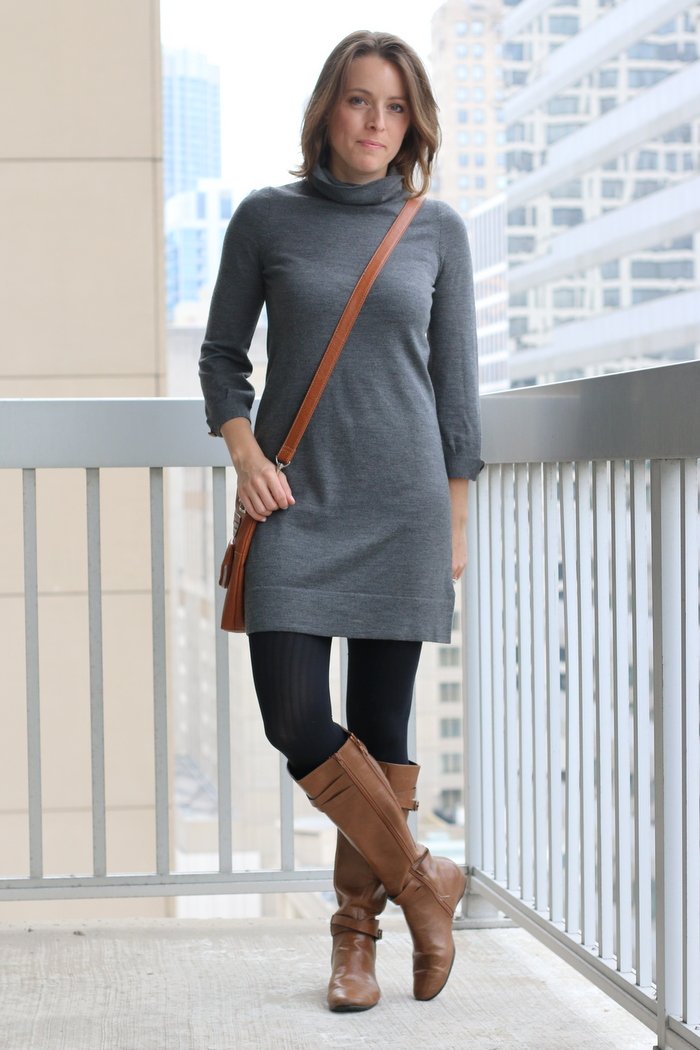The Sad Truth About What We Want to Know About Our Clothes
Do you know who made your clothes? Do you care? If someone told you, would that make you upset? Studies suggest most of us don’t want to know and think less of those who care.

Think about the outfit you’re wearing right now. How much do you know about where it was made, how it was made, and who made it? Do you care?
Sad But True
The sad reality is that most people don’t know. Even more disappointing, most people would prefer not to know.
Worse yet, research suggests if someone doesn’t care, they perceive negatively those who actually do care. And when the apathetic person finds out that others care, they are even less likely to care.
In fact, studies suggest we might be more likely to intentionally avoid learning about and purchasing ethically-made clothes because, sub-conciously, ignorance is bliss. We don’t want to feel bad about the poor quality shirt we bought last weekend. We don’t want to know it was made by southeast Asian sweatshop workers while dangerously polluting their community and that it will soon clog yet another landfill full of “disposable clothing.”
This is all such a bummer, right?
My Experience Supports the Research
While my personal anecdotes are anything but scientific, they definitely corroborate the findings. I try not to preach to others about the value of a more conscious wardrobe. I’m certainly not perfect and preaching won’t accomplish change. It will likely cost me a few friends, so I’ll pass.
But when relevant, I make a concerted effort to sneak in tidbits to share with others about how I curate my clothes. When asked where I purchased something, I never hesitate to let people know it’s secondhand or mention the retailer and include that it’s made in the USA or fair trade, for example.
Nearly every time, I receive either blank stares in response or questioning looks. When I’m wearing secondhand pieces, many people write that off as gross or weird. A few might ask about the sustainable brand I mention, but most inform me they have no time to search out those types of companies. After all, how would they even begin to find them?! (FYI: I’ve put together a list of a few of my very favorites, the Modern Roster, if you’re interested.)
Conscious fashion has started to become slightly more mainstream in recent years, despite the exponential growth of mass-produced, disposable and poor quality fast fashion. But change takes time.
Fast fashion took off some 15-20 years ago and continues to thrive. It took a long time to realize the impacts of our fast fashion purchases. Likewise, I expect it will take many years to get the masses on board with rethinking the fast fashion ruts in which we’ve become entrenched.
No Action Guarantees No Results
Despite the researchers results, not sharing my perspective on shopping habits and fast fashion certainly won’t help solve the problem. Throwing my two cents on the table may incite some dissonance or, at the very least, a few odd looks or rolling eyes. (I know this to be true from everyday in-person experiences.) But as part of a larger and longer conversation, I believe a continued collective voice discussing the downfalls of fast fashion will ultimately lead toward a shift in our perspective on the power of our dollars.
Millennials already show greater interest than recent generations before them in working with and purchasing from brands and companies whose values align with their own. As we get older (and have more financial means), our collective millennial purchasing power will increase. Hopefully, we can further influence everyone involved in the fashion life cycle to be more considerate and conscious of who’s impacted along the way.
I suspect the first people who spoke out against things like the negative health implications of smoking got strange looks too. It took decades to shift our culture to one that presumes non-smoking as the norm. With respect to fast fashion, we’re probably behind but on a similar trajectory to discussions surrounding climate change and global warming.
New Paradigms Take Time
Shifting to new paradigms doesn’t happen overnight. But without advocates pushing for and pursuing those new paradigms, they will never flourish.
I’m not perfect, and I’m definitely on a journey, always learning more about the facts and how to make more responsible choices. There’s also balance involved; being an ethical consumer is not my life’s only mission. Yet I’ll pursue the conversation anyway.
Researchers tell me that sharing my perspective on being a responsible consumer of fashion might draw near-term criticism or rebellion, but I believe having a voice is better than the silent alternative.
Regarding the marriage of fashion and consumerism, I’ll speak now instead of forever hold my peace.









2 Comments